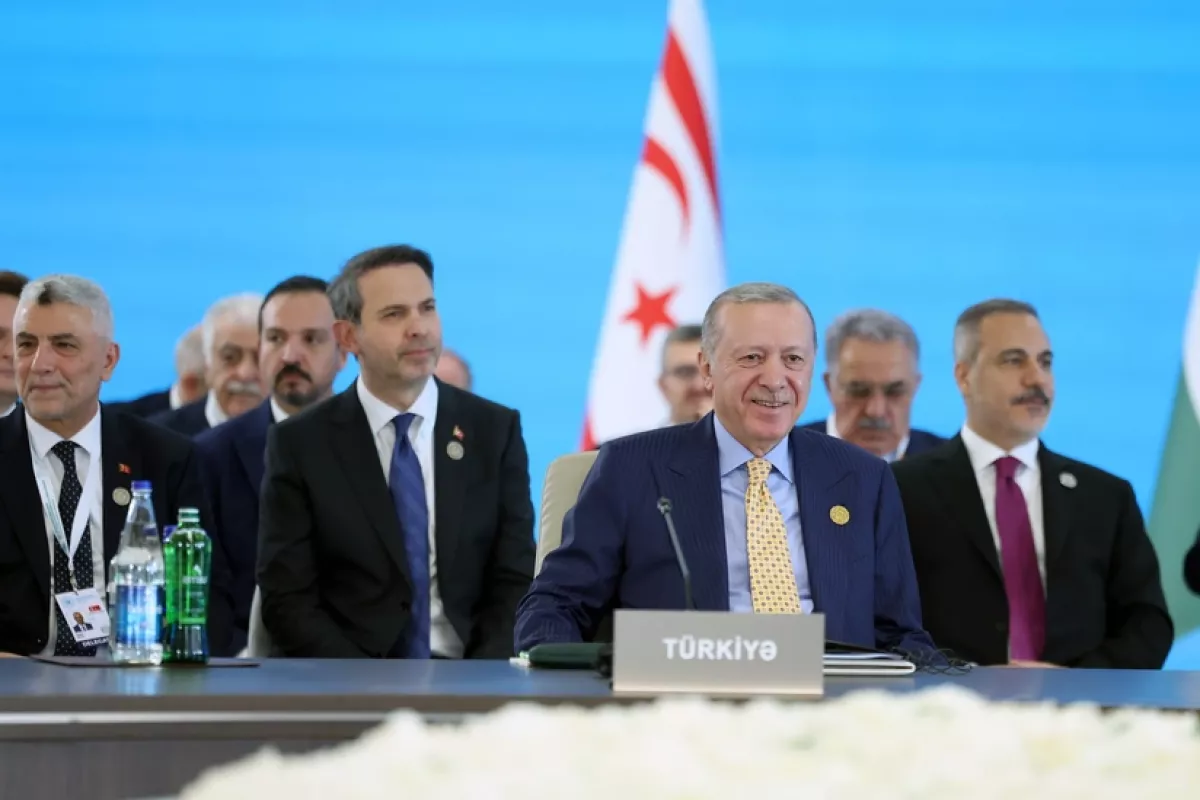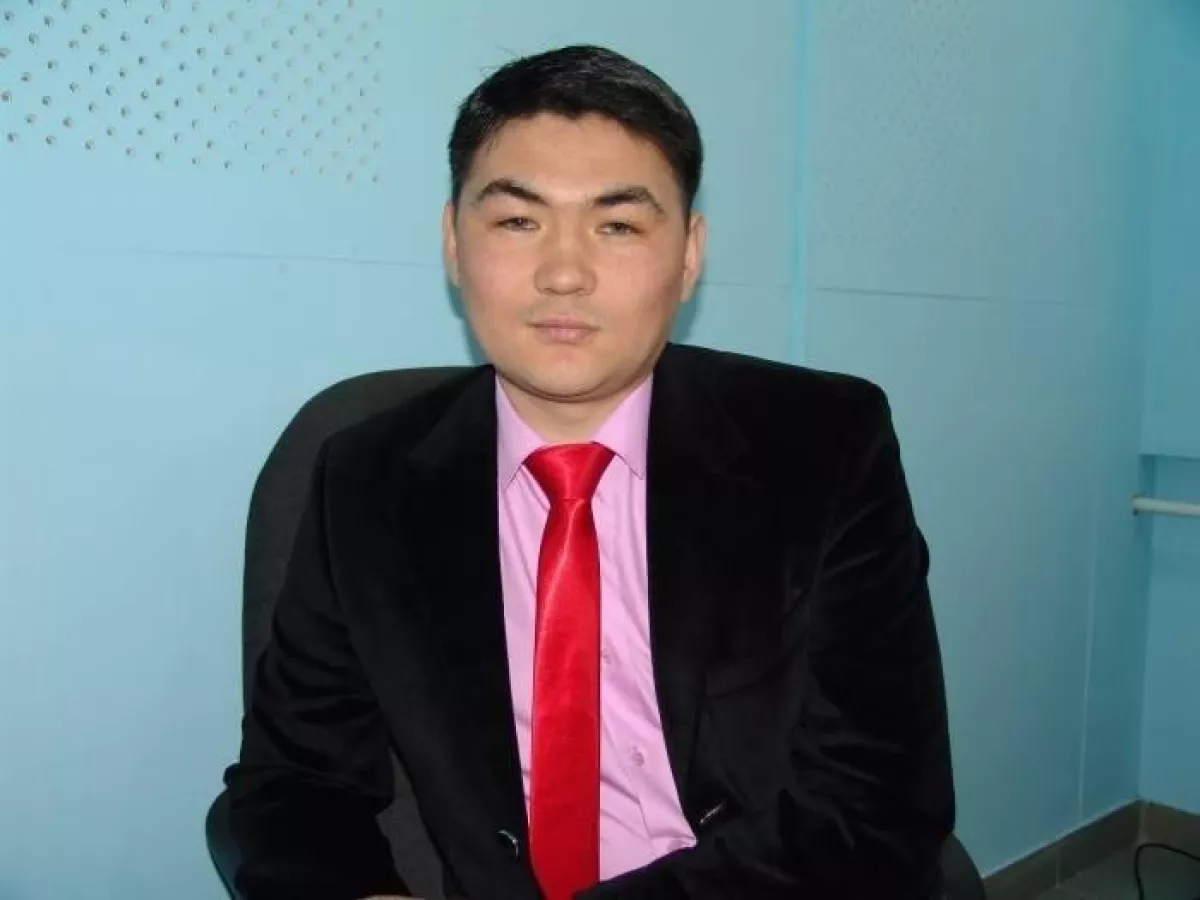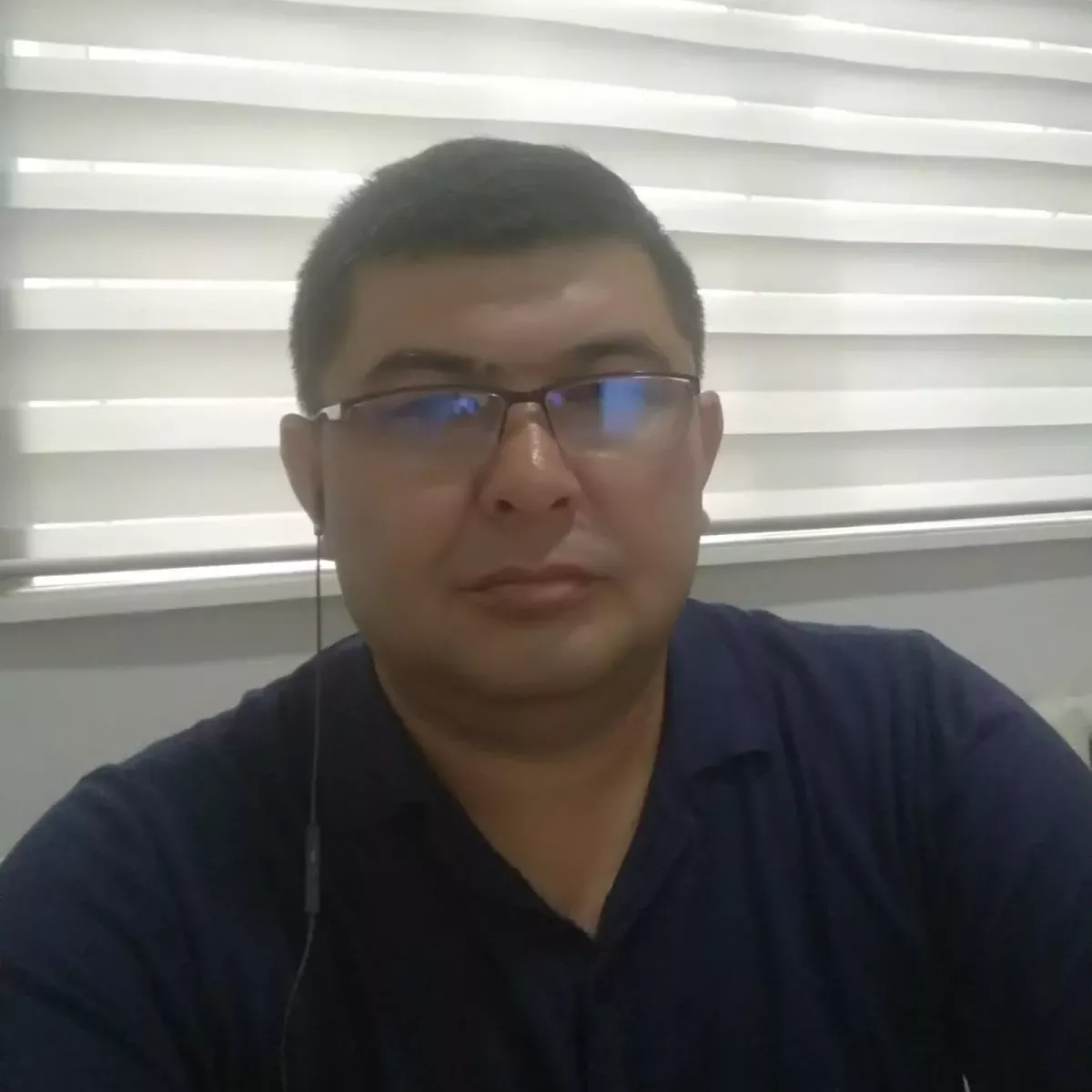Organisation of Turkic States emerges as Eurasia’s strategic power Expert insights on Caliber.Az
“OTS is no longer just a cultural association. It has become a strategic platform for cooperation. Global tensions affect everyone, and the OTS member states are no exception,” Turkish President Recep Tayyip Erdoğan told journalists from his pool upon returning from the Organisation of Turkic States (OTS) summit in Gabala.
According to the Turkish leader, OTS countries are discussing “multifaceted cooperation across all areas — from intelligence and border security to cyberspace. There is a global trend of rising defence spending and measures to strengthen security. As OTS, we are also taking steps in this direction.”

Analysts and media note that the OTS summit in Gabala demonstrated that the community of Turkic states is capable of formulating a clear agenda and plans to defend its interests in a safe and peaceful environment.
What do political experts from the Turkic countries think about OTS’s strategy and Erdoğan’s statement? A Caliber.Az correspondent turned to experts from Kazakhstan and Kyrgyzstan for their views.

Kazakh political analyst and economist Atbek Aitmatov believes that the OTS surprised many with its active, results-driven agenda and the development of clear roadmaps.
“The economic agenda of the summit covered key areas — transport, logistics, and infrastructure links. These are strategic sectors for the OTS, and they formed the basis of the negotiations. This means that in the coming days we can expect new developments in the Middle Corridor — agreements will be signed between Baku, Ankara, and the Central Asian countries. This crucial transport artery will receive new resources for its active launch.
A persistent challenge in the logistics of the Middle Corridor is the limited capacity of the railways. In many Central Asian countries, there is often only a single railway track, which is clearly insufficient for full two-way traffic. This issue needs to be addressed urgently. Furthermore, the question of a unified customs network across the entire Middle Corridor must be worked out thoroughly, not just formally, so that cargo transportation becomes profitable for all OTS member states.
Finally, a very important development — a decision was made to expand cooperation within the organisation. An OTS+ format is being created, which will allow OTS members to conclude agreements with third countries. Essentially, the organisation has restructured its activities: now a partner can be a country that is not Turkic by origin but is interested in developing cooperation. Each such partnership will be formed on an individual basis,” said the Kazakh political analyst.

At the same time, as noted by Kyrgyz political analyst and PhD in political science Umar Mutaliev, the Gabala Declaration has become a significant political statement by a group of countries at the heart of Eurasia.
“The Gabala Declaration underscores the solidarity of OTS countries on a range of foreign policy issues — support for the status of the Zangezur Corridor, the restoration of liberated territories, the development of the railway project involving Azerbaijan, China, Kyrgyzstan, and Uzbekistan, solidarity with the position of Northern Cyprus, as well as support for the security and reconstruction of Syria,” the analyst emphasised.
According to Mutaliev, the summit adopted an important tool for practical cooperation among OTS countries — the Consular Cooperation Platform, designed to simplify the provision of consular services, strengthen coordination, and ensure the protection of citizens abroad. This mechanism will allow the consulates of member states to serve citizens of all OTS countries, representing a step toward creating a unified space.
“President Ilham Aliyev at the OTS summit advocated for the expansion of military cooperation and the conduct of joint exercises in 2026. Other leaders joined his initiative, putting forward concrete proposals to create a common security system. In this context, Kazakhstan could play a key role in cybersecurity, while Azerbaijan and Türkiye would contribute in the field of military innovation and technology.
It is very important that all OTS leaders understand each other perfectly and are aware of the potential of the brotherly Turkic states down to the smallest detail. As a result, decisions are made quickly and unanimously. As emphasised at the summit, external challenges and security threats are a common problem that requires a collective approach,” added Mutaliev.
Concluding, the Kyrgyz political analyst highlighted that the OTS demonstrates a rational and forward-looking approach, strengthening internal integration while remaining open to global cooperation: “Today, OTS is no longer just a dialogue platform, but a political bloc of major Eurasian players capable of influencing processes in the region and beyond.”








